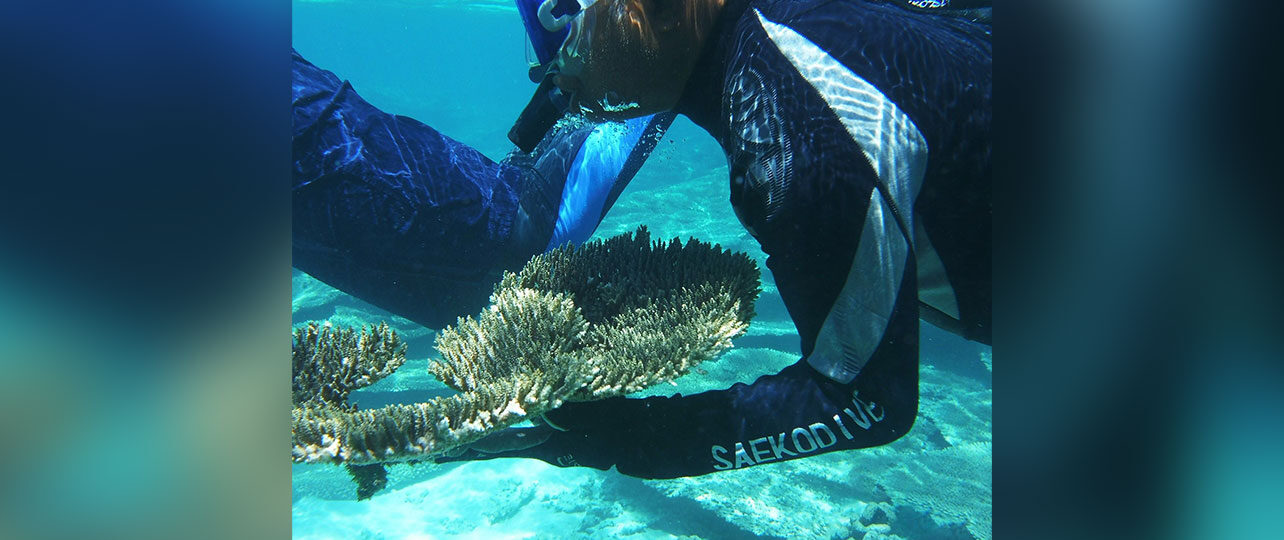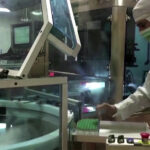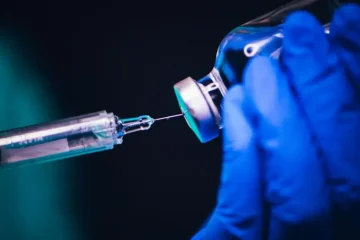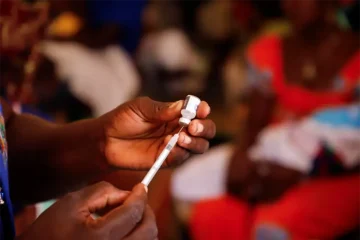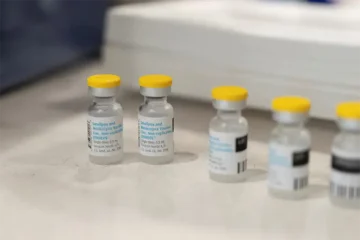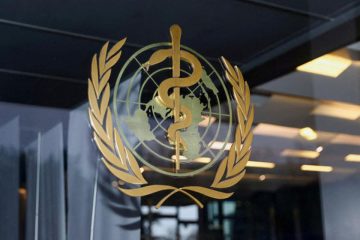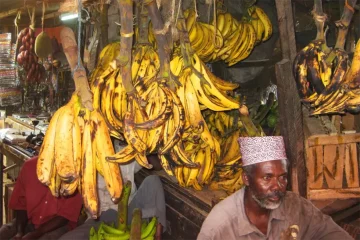A recent study shows that sea sponges thriving in the waters of Mauritius harbour chemicals capable of eradicating liver cancer cells, according to reports in The Conversation and in The South African Journal of Science.
“It could evolve into a less toxic therapeutic option against liver cancer,” Mauritian co-researcher Rima Beesoo explained
in an article published in The Conversation about the study, emphasising the huge potential of this discovery.
The original report, featured in The South African Journal of Science, underscored that the Neopetrosia exigua sponge, native to Mauritius waters, demonstrates a unique ability to target and eliminate liver cancer cells while exerting minimal impact on healthy cells.
Marine sponges, diverse multicellular organisms inhabiting the world’s oceans, currently boast an estimated 9000 distinct species, each exhibiting a wide array of shapes and sizes.
Although the study remains in its initial stages, subsequent phases involving biodiscovery processing and compound development, along with rigorous testing and approvals, could extend the timeline to a span of 15 to 20 years.
Nevertheless, this marks a steady starting point that could potentially unlock a new dimension for the marine ecosystem of Mauritius. It also speaks to the immense untapped potential held by Africa’s marine ecosystems.
Beesoo, in the report on the study, anticipates that this breakthrough “could pave the way for marine biodiscovery research and the sustainable utilization of oceanic resources in Mauritius.”
Beyond traditional botanical sources, recent pharmaceutical exploration has increasingly focused on marine organisms as reservoirs of novel medicinal compounds.
A 2023 report from the Ocean Geographic Society reveals that approximately 34,000 marine-derived natural products have been identified worldwide as having medicinal potential.
This surge in discoveries has propelled the marine pharmaceuticals market from $28.86 billion to a projected $52.14 billion by 2028, according to Business Research Insights. Africa, with its extensive 26,000-km coastline, is poised to reap significant benefits from this burgeoning niche.
Already, various African laboratories, particularly in South Africa, are delving into these compounds. They are not only scrutinizing the enzyme pathways responsible for their production but also exploring alternative methods of artificial synthesis.
The Marine Protected Areas South Africa (MPAS), under the Department of Environmental Affairs’ Oceans & Coasts Branch, highlights some of the latest biodiscoveries that hold the promise of future breakthroughs in medicine.
One such find is the hemichordate — a unique phylum encompassing acorn worms and pterobranchs, according to the reports. Pterobranchs are worm-like colonial creatures residing in a network. It yields one of the most potent compounds ever tested against cancer.
Named after the inaugural South African marine biologist, John Gilchrist, this creature bears the scientific name Cephalodiscus gilchristi, and its powerful tumour-inhibiting compound is known as Cephalostatin 1.
Other remarkable discoveries include palytoxin, produced by various marine organisms, including soft corals. These compounds are undergoing advanced studies for their potential application in treating a range of conditions, including cancer, and have been found in substantial concentrations off the East African coast.
Bryostatin-1 is yet another promising compound, particularly for neurological conditions like Alzheimer’s. Historically discovered in Bugula neritina, a sea creature abundant in temperate and tropical African waters, it holds substantial potential.
Mauritius’ Blue Economy, a vital economic sector, currently contributes over 10% of the island nation’s GDP and employs more than 20,000 individuals, excluding those engaged in tourism-related activities. Through its Oceans Economy Roadmap, the country aims to double the Blue Economy’s GDP contribution by 2025.
Beesoo underscores that the significance of this discovery extends far beyond Mauritius, noting, “The marine sponge Neopetrosia exigua is highly prevalent in the Indian Ocean, Atlantic Ocean (including the Caribbean Sea), and Pacific Ocean.”
Africa’s marine economy generates about US$300 billion, according to estimates by the World Bank, but with 38 African countries being coastal and 70% of them having exclusive economic zones in the sea that are largely untapped, current levels can be boosted up to US$1.5 trillion, according to the OECD.
Links:
https://theconversation.com/mauritius-sea-sponge-produces-chemicals-that-can-kill-liver-cancer-cells-findings-are-a-positive-first-step-214789
https://www.marineprotectedareas.org.za/
https://sajs.co.za/article/view/13745

